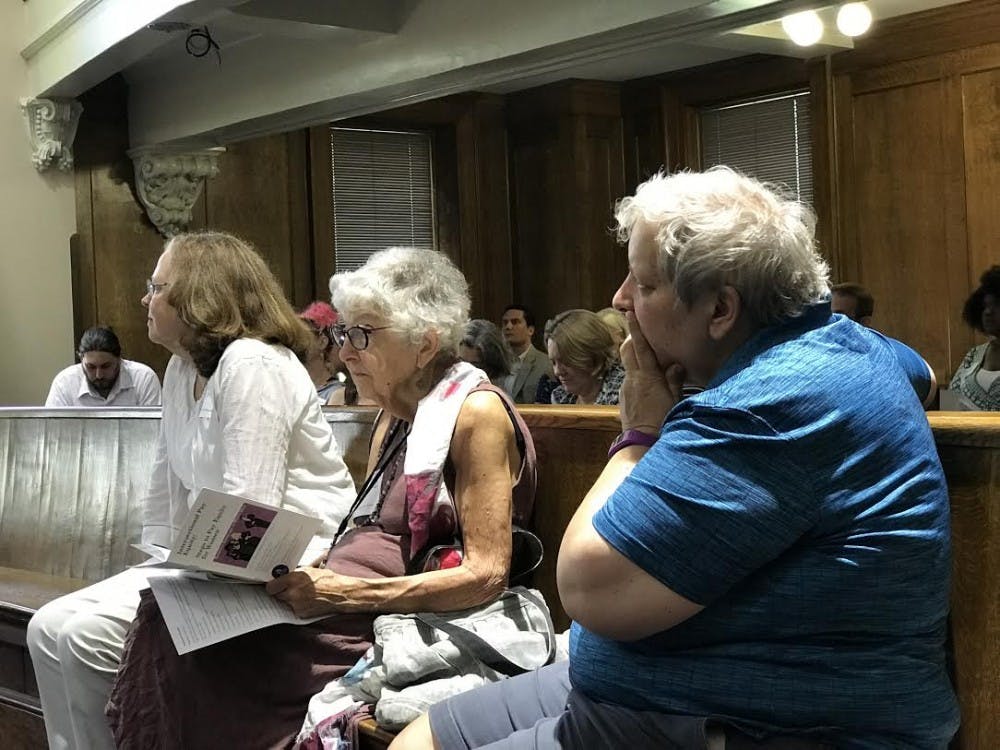Aiming to educate on pay equity, the Monroe County’s Women's Commission organized an event Sunday to discuss workplace issues such as salary negotiations, discrimination and sexual harassment.
The event, “Intersectional Pay Equity: Steps to Pay Equity for Women,” honored Black Women’s Equal Pay Day. The day is meant to mark how long it takes for the average black woman to make as much money as the average white man made in 2017. This means that the average black woman would have to work all of 2017 and up to Aug. 7, 2018 to make up the difference.
IU Director of Latino Studies Sylvia Martinez said jobs that don't allow flexibility for mothers creates structural barriers for women. This disadvantage is often called the motherhood penalty. This is when working mothers encounter systemic disadvantages in pay, benefits and competence compared to those without children.
“Equal pay is not about changing women but changing the structural barriers,” Martinez said.
Another portion of the event was role-playing activities, including an example of a woman negotiating with her boss over pay and work benefits. Senior Lecturer Cheryl Hughes shared advice on calling for a negotiation and how to set examples of why one should be paid a certain amount.
The second session covered discrimination by simulating an interview. During the activity, guests had to raise their hands whenever they heard an inappropriate question. The questions during the interview were about sexual orientation, religious preferences and language presumption.
The last session was about sexual harassment. In the role-play, an employee arrives for a meeting with her supervisor to discuss her work contract but ends up being harassed with sexual suggestions and inappropriate touching. The scene was then redone, but this time, the victim spoke up for herself before the situation went any further, which led to a different resolution.
Sexual harassment violates Title VII of the Civil Rights Act of 1964 and doesn't just happen between men and women, but can happen between people who of the same gender, said Gwen McCay director of human resource services for the Office of the Vice President for Diversity, Equity and Multicultural Affairs.
Title VII prohibits employment discrimination based on race, color, religion, sex and national origin.
“We are human beings and deserve respect no matter the job position,” McCay said.




